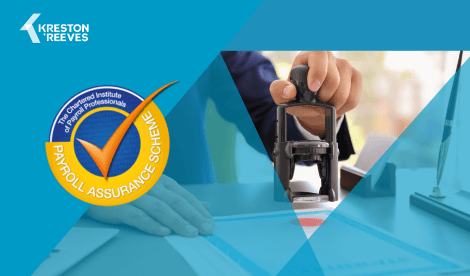Tax free allowances for trading and property income
An increasing number of us are deciding to set up a business, but many are doing so just as a secondary source of income or are generating some income from what is otherwise just a hobby, such as cake making.
From 6 April 2017 HMRC introduced a new allowance, known as the trading allowance, to simplify the tax position, particularly where the income generated is modest.
Where an individual’s gross annual income from all self employment is less than £1,000 in a tax year, there is no need to report the income to HMRC, subject to some exclusions such as income from a connected company or partnership, or employer. There will however be some circumstances where you may choose to report the income to HMRC on a self assessment tax return, for example if you want to pay voluntary class 2 national insurance contributions to enable that tax year to count as a qualifying year for state pension purposes. Alternatively, you make a loss after accounting for expenses, especially in the first years of a new business after taking account of set up costs. If this is the case, and you have other income on which you pay tax, you may (provided the activity is being carried on with a view to making a profit) be able to set the loss against your other income, and generate a tax repayment.
If your gross income exceeds £1,000, you will need to report the income on a self assessment return, and you have two options. The first is to set your expenses against the income and pay tax on the profit. The tax payable, if any at all, will depend upon your overall tax position for the year. Alternatively, you can deduct the standard £1,000 allowance, and the balance may be subject to a tax charge.
It may be beneficial to claim the allowance if your actual expenses are less than £1,000.
What about property income? – the property allowance
A separate £1,000 allowance is available to cover rental income from property, so for example could be claimed in connection with letting a spare garage or some surplus land.
The allowance works in a similar way to the trading allowance, and again there are exclusions, including letting to connected parties. When considering the allowance, you need to take account of all rental income from both UK and overseas commercial and residential lettings in a tax year.
Again, if actual expenses are insignificant, it may be beneficial to claim the allowance.
Where a property is held in joint names, each of the joint owners will be able to claim the £1,000 allowance.
Again, careful consideration should be made regarding whether to claim the allowance, depending upon individual circumstances.
No matter which of the options is chosen for both these allowances, it is important that you keep a record of the income.
For further information please speak with your usual Kreston Reeves adviser here, or contact Jamie Hopkins here or on +44 (0)330 124 1399 who would be pleased to have a no-obligation initial meeting with you.
Join over 8000 businesses and individuals who receive our complimentary e-bulletins by signing up here.
Share this article
Related news and insights
Subscribe to our newsletters
Our complimentary newsletters and event invitations are designed to provide you with regular updates, insight and guidance.
You can unsubscribe from our email communications at any time by emailing [email protected] or by clicking the 'unsubscribe' link found on all our email newsletters and event invitations.
This site is protected by reCAPTCHA and the Google Privacy Policy and Terms of Service apply.













